
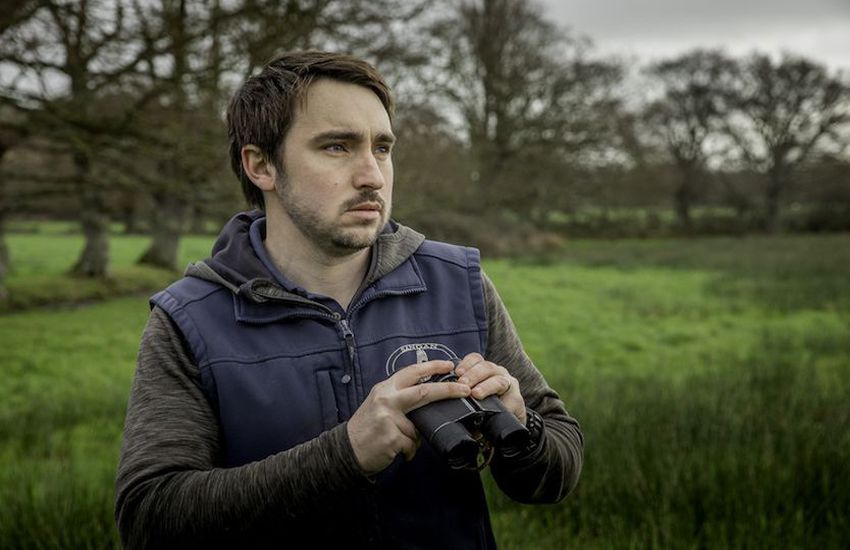
It would be fair to say that wildlife conservation had been part of who Piers Sangan is, well before he set up Sangan Island Conservation, seven years ago.
While we are being told Jersey must reach carbon-neutrality by 2030, wildlife populations are still declining; but this small business is doing its bit to preserve and protect the island’s natural environment.
Piers was born and educated in Jersey and has been involved in conservation for a very long time. From the Dodo Club when he was small, through to volunteering at Durrell when he was 16, the natural environment has always fascinated him. So, it was a natural step after school to study conservation biology at the University of Plymouth. Within a year of graduating he set up Sangan Island Conservation after seeing a gap in the market for ecological services. Eight winters later he is still managing Grouville Marsh, his first project. The parts Piers manages are not open to the public.
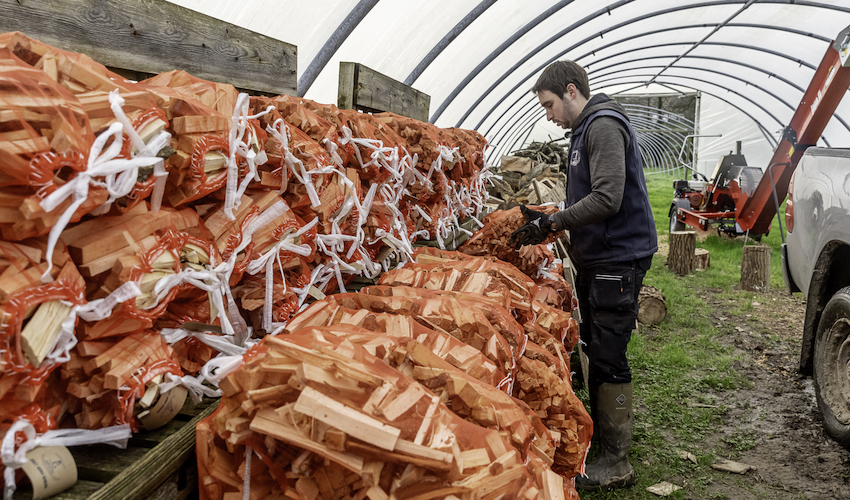
“It’s great, because we’re some of the very few people that get to go there. At this time of year, if you get it on a warm sunny day, and because of how it floods, there’s part of it where you’d think you were in the Florida Everglades."
“It’s lovely because it’s one of the few places on the island that actually replicates what the island theoretically would have looked like about 6,000 years ago which is when homo sapiens first came to Jersey.”
As you can imagine, no day is the same in a job like this, nor is it dull. Whether it is finding a new species or a new roosting location for bats, the work is varied, as are the hours, with the working day sometimes starting when most of us are fast asleep.
The work could take him from conducting an ecological survey on a proposed housing development to one of Jersey’s dairy farms.
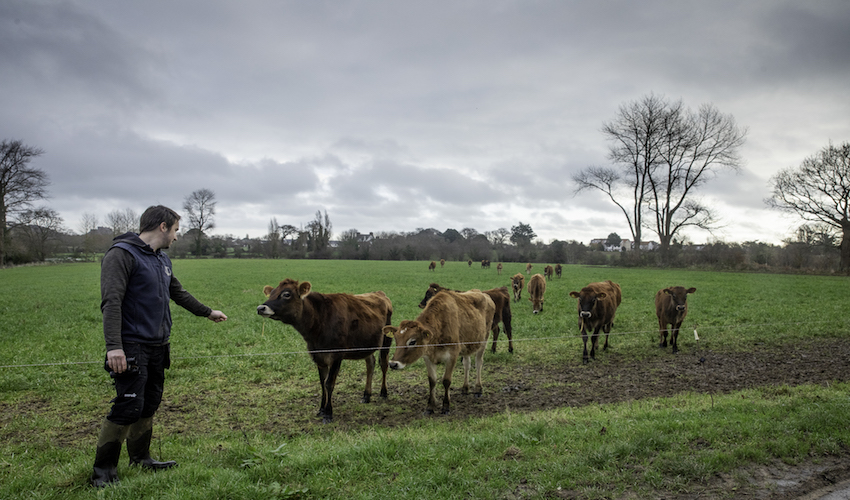
Piers has been involved in helping farmers prepare to reach LEAF (Linking Environment And Farming) accreditation, the new environmental farm management standard they need to achieve to receive financial help from the government.
“Working with the farmers has been the most interesting that we’ve done for a long time. And it’s been a lot of fun and very encouraging for wildlife here in Jersey. And that’s something we’re very excited about, moving forward and working with the farmers on the ecological side.”
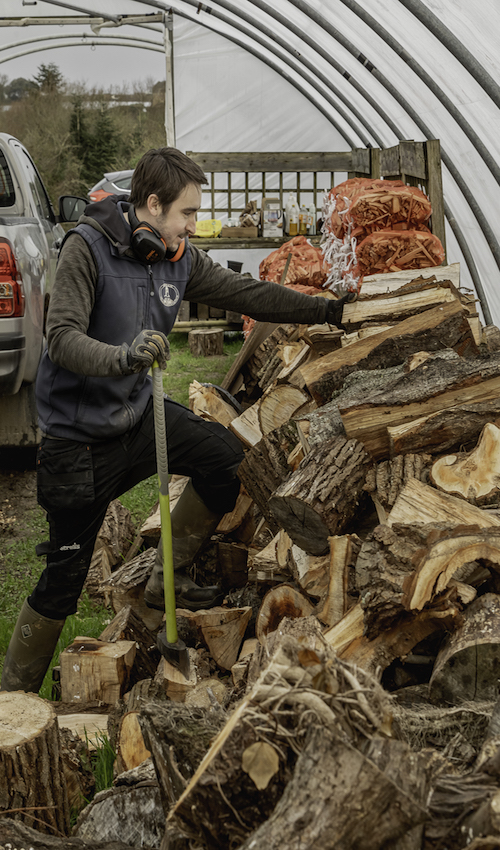
With this new focus on environmentally sustainable farming, it is hoped Jersey could become the first LEAF marque island.
Piers has recently joined the technical advisory committee at LEAF, helping to develop the standards further in the 27 countries it works in.
“The Leaf Marque gives that environmental accreditation on products to say yes, this has been grown with the environment in mind and these farms look after and manage for wildlife,” he said. And for someone who’s passion is conservation, the farm work has been refreshing. A substantial part of the work carried out by Sangan Island Conservation is to carry out ecological surveys for developments, looking for protected species, the results of which aren’t always eagerly anticipated."
“It can be disheartening because it’s always the case the wildlife is in the way of the development and people want it out the way and don’t want to have the wildlife on site. It’s amazing how many people freak out when you tell them they have bats on the property even though those bats have probably been there for 200 plus years as a colony."
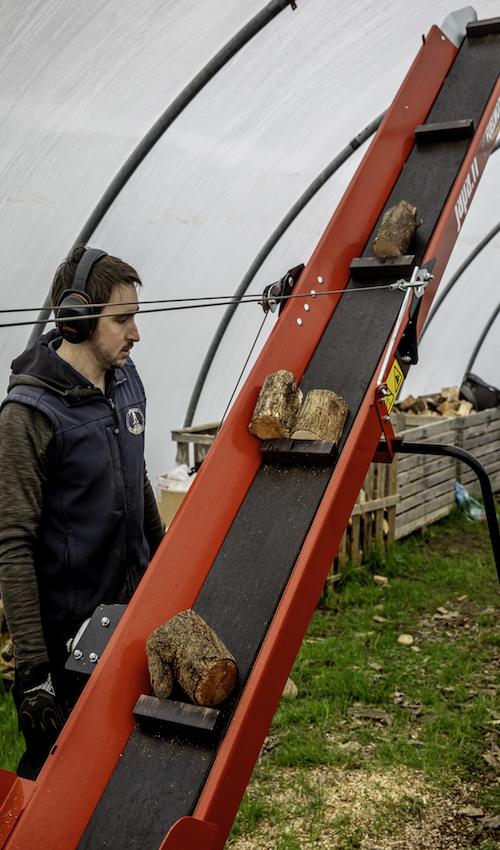
“But working with the farmers there is this great thing where you are pointing something out to them, they suddenly say ‘How do I get more of it?’ They want more on their land, it’s ‘how many wildlife boxes should I put up to encourage more? Can we look more at this? How can I get this back?’ if we know it’s something that has gone extinct.”
The issue of emissions has really begun to gain momentum. Like so many things these days, what was wishful thinking a few years ago, is now becoming policy or even the law. As someone who works in conservation, Piers took a deep breath when I asked for his views on where we were on the climate change debate.
“I’m very concerned about a knee jerk reaction, and that we can go down the wrong route from a lot of potentially less informed people shouting very loudly and making changes, rather than based on scientific information.
“I’ve got a lot of concern with where people are saying plant trees left right and centre. I’ve got no problem with getting some woodland back in Jersey. That’s fantastic. But it’s the selection of where that planting occurs that needs to be given more consideration.
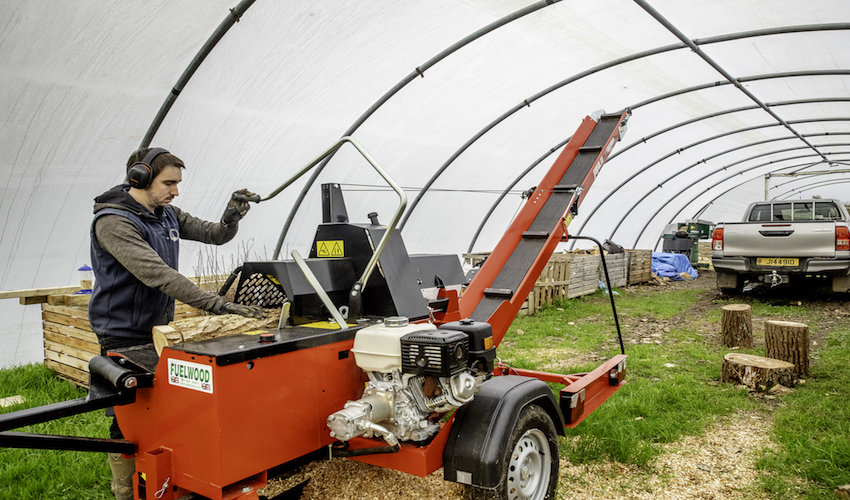
“We’ve got a lot of wildlife here in Jersey which relies on open grassland. Now if you start foresting the whole island, what about those species? Are you saying you are willing to sacrifice those species to put some more trees in?”
Areas like the heathlands and wetlands that have been suggested for more tree planting, something he is more cautious about.
It’s this thing of actually checking what nature is already doing and working it out from there.” When I visited Piers in his poly tunnel in Grouville, he was about to head off in his pick-up loaded with large hedge whips ready to plant for a client.
“We’re planting hedgerows at the moment, but with this need for hedgerows we’re seeing replacing the natural environment, a lot of people seem to forget that they are an artificial by-product of farming.
“It’s about choosing the right places to plant hedgerows. We lost a lot of hedgerows during the Dutch elm disease and the great storms which took out a lot of trees as well. Replanting isn’t a bad thing, but it’s about planning and not just a knee jerk reaction that every single field needs to be covered in trees because that could actually harm a lot of our wildlife without people realising it.” For Piers, plastic and plastic packaging is more of an issue and while farming involves a fair amount of plastic, it’s the supermarkets in his view that could be doing more to reduce the need for everything to be wrapped in plastic.
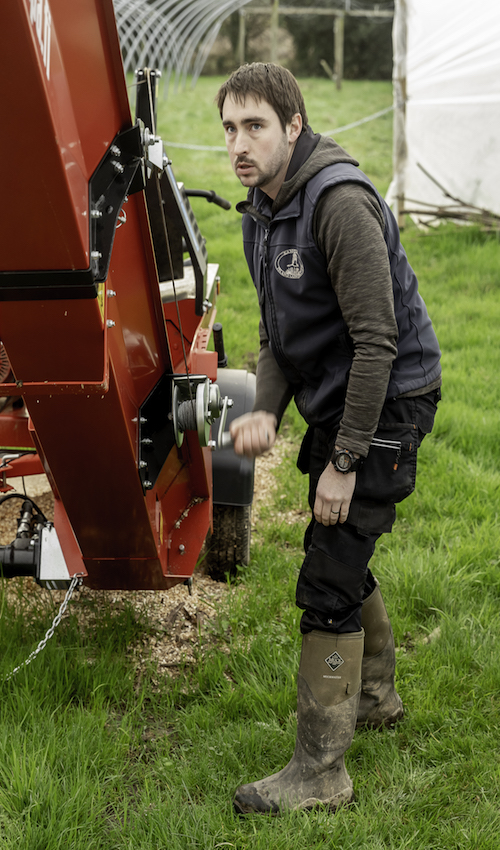
With his strongly held views, the natural environment is clearly his passion and he is one of those fortunate enough to turn something they love into a viable business. He saw an opening in the market for ecological surveys for developers and his is one of only two companies that carry those out with a strong focus on protecting the wildlife that is found.
Among the many species he looks for are bats, and as a trained bat ecologist and research officer of the Jersey Bat Group, it is work he relishes.
“A lot of people don’t realise we actually have up to 18 species of bat in the island. Some of them are so rare that we haven’t even seen them in the hand, we’ve only got sound recordings of them or DNA analysis of droppings we’ve found."
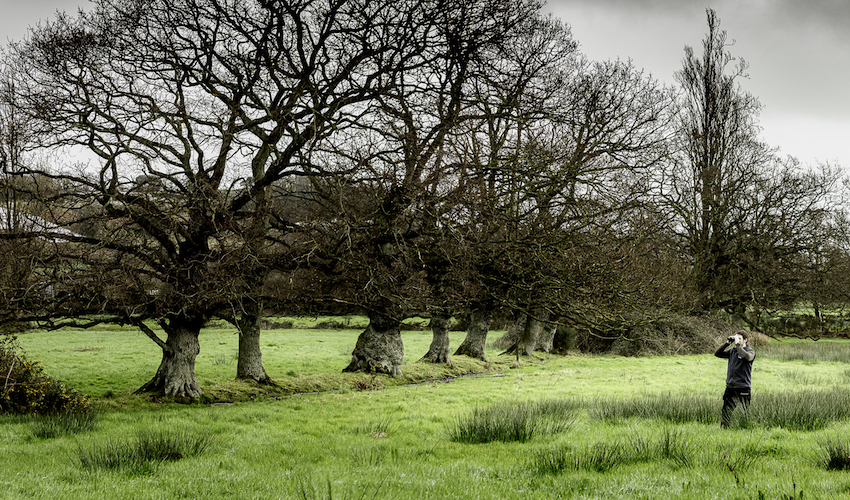
“Four years ago, we were only on 11 bat species, so it’s a fantastic area to work in.” As our conversation drew to a close, the talk switched to the varied days there are the norm in his job. He and a colleague were off to plant some new hedgerow, and plug gaps in another, as part of a private development, but the day before he had been doing survey work on a house the owner wants to update and was checking for bat species and other protected species. The company is also working on a pond that needs some work and there’s willow coppicing to do at this time of the year. In the summer, the working pattern shifts dramatically with a lot of very early mornings and late nights on bat vigil.
“We start at 0230 in the morning because we’ve got to be on site to see bats returning to their buildings. Or we can be up to well past 12 o’clock actually seeing bats leaving the buildings in the evenings. So, our work does fit the natural time rather than our own. It’s not a nine-to-five job.”
This feature first appeared in Connect Magazine. You can read the latest edition here.
Comments
Comments on this story express the views of the commentator only, not Bailiwick Publishing. We are unable to guarantee the accuracy of any of those comments.